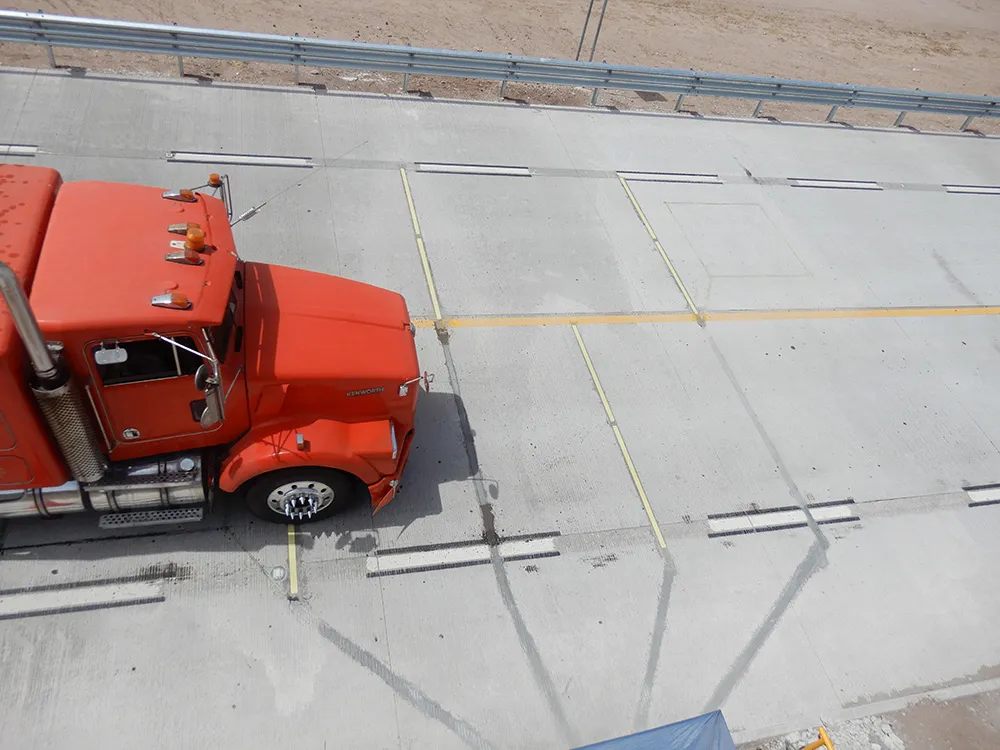TomTom’s fleet management service has achieved the ISO 27001 certification, ensuring customers benefit from the highest levels of security, quality and availability. The certification was attained following an independent assessment by BSI Group, the global standards company. ISO 27001 covers TomTom Business Solutions’ online fleet management service Webfleet, its data centres, ICT/Techops, research and development and quality assurance. “Customers using software as a service SaaS to handle data vital to t
December 24, 2012
Read time: 2 mins
ISO 27001 covers TomTom Business Solutions’ online fleet management service Webfleet, its data centres, ICT/Techops, research and development and quality assurance.
“Customers using software as a service SaaS to handle data vital to their continued business success require the highest standards of reliability and security,” said Thomas Schmidt, Managing Director TomTom Business Solutions.
“In this regard, TomTom stands out, with the achievement of ISO certification reaffirming our position as industry leaders for product reliability and service provision.”
ISO 27001 is recognised as the most stringent certification for information security controls, guaranteeing first-class standards for the identification and prevention of security risks. ISO 27001 is the only auditable comprehensive international standard which defines the requirements for an Information Security Management System.
TomTom Business Solutions’ clients require on-going assurance that their data is not at risk in order to help comply with applicable laws, such as privacy and data protection legislation. TomTom claims ISO 27001 certification is a step toward effecting and demonstrating compliance with this legislation.
The ISO 27001 standard requires developing an information security management system that is integrated, comprehensive, and incorporates widely recognised best practices.
More than 16,500 companies worldwide use TomTom’s Webfleet software to manage their vehicle fleets and mobile operations. The service is used to dispatch thousands of mobile workers to jobs on a daily basis, helping businesses to achieve service targets by ensuring tasks are carried out on time and on schedule.










